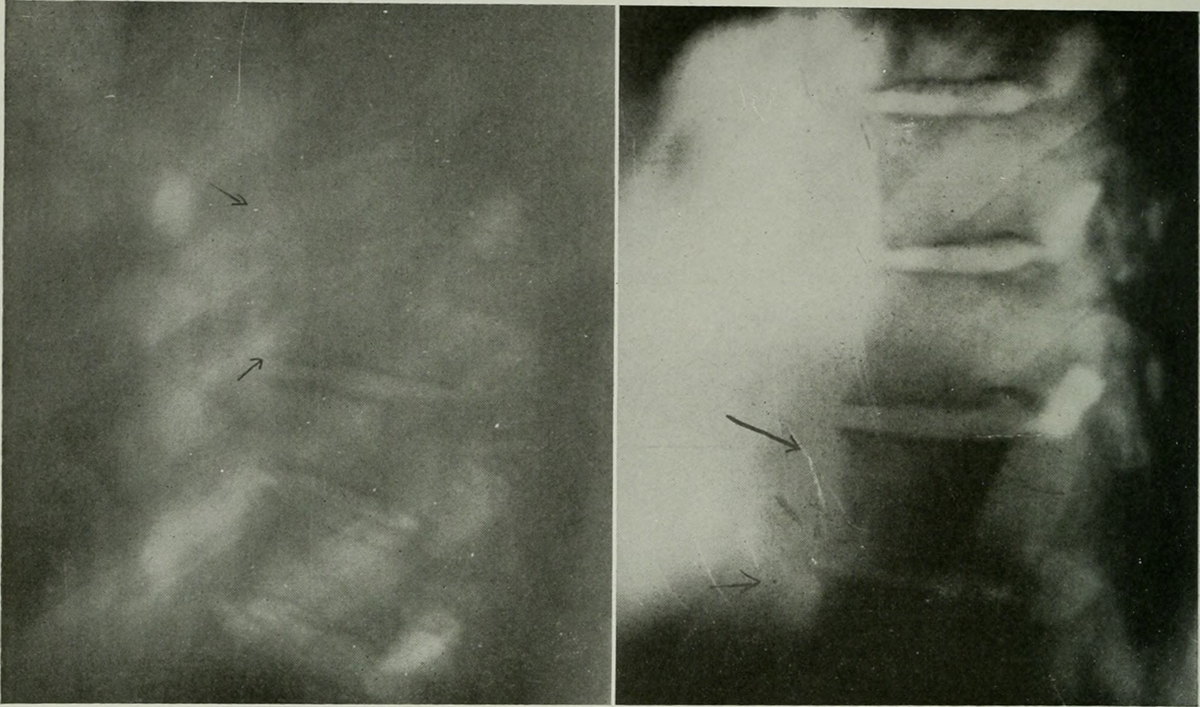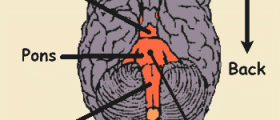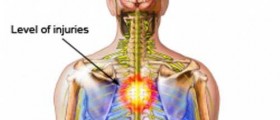
What is Clonus
Clonus is an involuntary muscle contraction, which is often found to be rhythmic and repetitive in nature. This condition is an extreme type of hyperreflexia (increase of deep tendon reflexes). It can affect the wrists, kneecap, patella or ankles. In most cases, ankles are the part of the body affected by clonus, and the problem is usually caused by abnormality in the neuromuscular activity, which provoked deep tendon reflex. Stretched muscles are very common cause of clonus in the ankle. Sometimes, you can notice clonus in the ankle while trying to hold still the joint muscle, when the foot is jerking up and down.
Clonus can be a serious problem, and neurologists will usually perform several tests to determine the root cause of the problem. CT (computed tomography) and MRI (magnetic resonance imaging) scans of the spinal cord, the brain or even the brain stem can be of great help to diagnose the condition. X-rays of the spine and spinal fluid or myelography are some of the additional tests available for diagnostic purposes.
Lesions that affect motor neurons in the spinal cord or the brain are one of the identified causes of clonus. Because of the lesions, there is no inhibition of muscle contraction, no stop sign for them and they continue to contract, provoking stiffness and increased reflexes.
What Can Cause Clonus
As already said, brain and spinal cord lesions are known causes of clonus, but this condition is also present in serotonin syndrome.
Clonus can be the result of any process that has affected motor neurons in the brain. Very young children who experienced this condition are at increased risk of developing additional symptoms of cerebral palsy. Adult people suffering from brain injuries, strokes or tumors are frequently known to experience hyperreflexia and clonus. ALS (amyotrophic lateral sclerosis) and MS (multiple sclerosis) can also be identified as the causes of clonus.
Lesions in the spinal cord are proven to increase deep tendon reflexes and lead to clonus. Tumors, abscesses, injuries of the spinal cord causing paralysis can be the reason because of which a patient suffers from clonus. Transverse myelitis is yet another cause of clonus. This condition is provoked by the inflammation of the spinal cord that can be viral, bacterial, immune-related or even associated with systemic lupus erythematosus (SLE). Paraplegia, hyperreflexia and spasticity of the muscles are also present in people suffering from hereditary spastic paraparesis.
Serotonin syndrome can affect patients combining antidepressant from the group of SSRI – serotonin specific reuptake inhibitors with some other antidepressants, migraine drug or even painkiller medication. These patients experience fever, agitation, confusion, rigid muscles and clonus and hyperreflexia as the characteristics of the syndrome.






_f_280x120.jpg)






_f_280x120.jpg)
-And-Multiple-Sclerosis-Differences-And-Similarities_f_280x120.jpg)

Your thoughts on this
Loading...